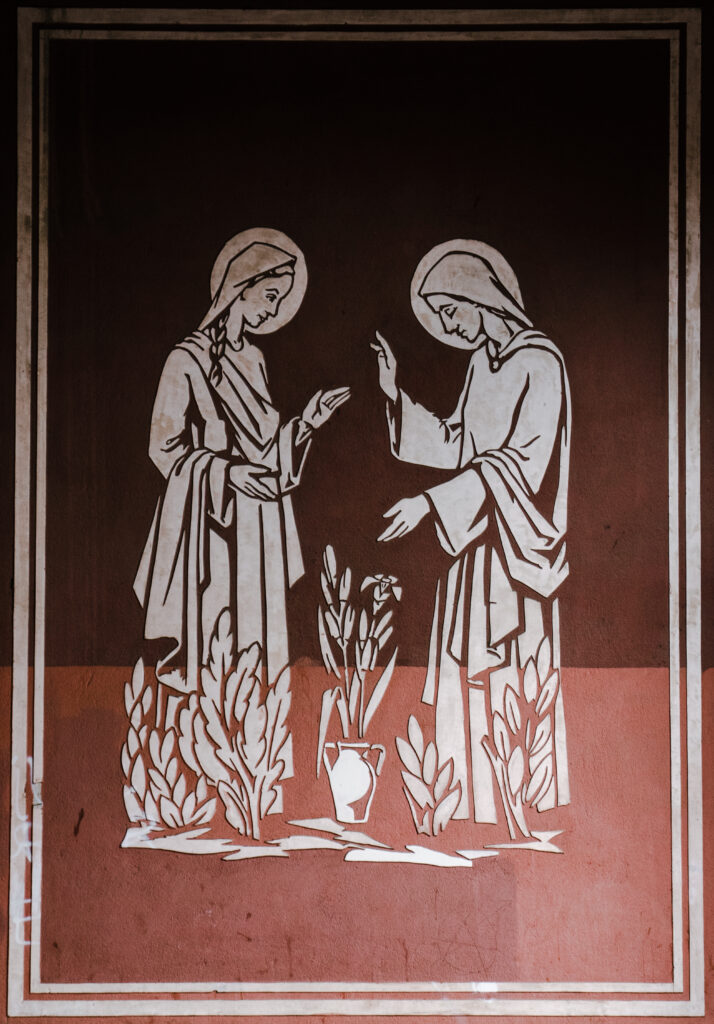
Lifted Up: The Assumption of Mary and the God Who Raises the Lowly
Each year on August 15, the Church celebrates the Feast of the Assumption of the Blessed Virgin Mary, a holy day of obligation and one of the most significant Marian feasts in the liturgical calendar. It commemorates the moment when, at the end of her earthly life, Mary was assumed body and soul into heavenly glory. This belief—long held by Christians and declared dogma by Pope Pius XII in 1950—invites us not just to honor Mary, but to reflect more deeply on what her Assumption reveals about God’s mercy, humility, and promise to all who follow him.
A Sign of Hope for the Lowly
In the Gospel of Luke, when Mary visits her cousin Elizabeth, she proclaims the words of the Magnificat, one of the most beautiful prayers in Scripture. In it, Mary declares:
“He has looked with favor on his lowly servant… He has cast down the mighty from their thrones and has lifted up the lowly.”
(Luke 1:48, 52)
Mary sees herself not as someone exalted for her own sake, but as a living sign of what God does for all who are small in the eyes of the world but open to his grace. Her Assumption is the ultimate fulfillment of this promise: God doesn’t just lift up the lowly in spirit—he raises them into glory.
Her glorification is not a reward for privilege or power; it’s the crown of a life lived in radical humility and trust. Mary said yes—fiat—to God without fully knowing where that would lead. She endured misunderstanding, exile, sorrow, and the cross of her Son. And yet, she remained faithful. In her Assumption, we see that God is true to his word: he honors the faithful, even the lowliest, with resurrection and eternal life.

More Than a Marian Feast
The Assumption is not only about Mary; it’s about us. It reminds us of our destiny as followers of Christ. As St. Paul writes, “If we have died with Christ, we believe that we will also live with him” (Romans 6:8). Mary’s Assumption is a preview of the resurrection promised to all the faithful.
She goes before us—not as a distant queen, but as a mother, a model, and a fellow disciple. She shows us that heaven is not reserved for the powerful or the perfect, but for those who surrender to God’s will in love. Her life and glorification are a powerful reassurance: God sees us. God remembers us. God lifts us up.
Living the Magnificat Today
The message of the Magnificat is not only personal—it’s social and communal. Mary’s song calls us to become part of God’s lifting up of the lowly. As Christians, we’re invited to echo her words not just in prayer, but in action:
- To stand with the marginalized and forgotten
- To recognize the dignity of the poor and vulnerable
- To be instruments of God’s justice and mercy in the world
In celebrating the Assumption, we are reminded that the Kingdom of God does not operate by the rules of the world. It is not the powerful, but the humble who are raised. Not the self-important, but the self-giving who are glorified.

A Final Thought
The Assumption of Mary is not a fairy tale escape into the clouds. It is a bold proclamation of what God can and will do for those who trust him. In Mary, we see that God’s promises are not empty. They are real. They are for the lowly. And they are for us.
So let us rejoice in her feast—let us sing the Magnificat with her—and let our lives echo the same truth:
He has remembered his promise of mercy…
He has lifted up the lowly.

Written by Kristyn Russell
Kristyn is a Midland native who attended St. Brigid Catholic School before heading to Jefferson and Dow High School. She holds a Master’s degree in Theology from Villanova University and in Strategic Communication from Michigan State University. She earned her Bachelor’s degree in Theology with a minor in Communication from Aquinas College. When she’s not at work, she’s usually with her dog, Caspian, kayaking a new river, hiking through the woods, or sitting by a campfire reading a book.

